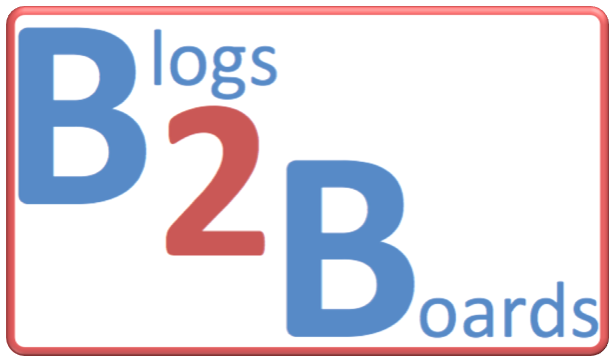

This is the third in a series of 41 posts from both GeriPal and Pallimed to get our physician readers ready for the hospice and palliative medicine boards. Every week GeriPal and Pallimed alternates publishing a new question, as well as a discussion of possible answers to the question (click here for the full list of questions).
Question 3
During a hospice interdisciplinary team meeting, you hear about a 53 year old resident of the
local nursing home. He has ALS with bulbar attributes, and is starting to have difficulty
swallowing and speaking. He is bedbound most of the day. He has had two episodes of
aspiration pneumonia in the last month.
His nurse describes the scene with the patient’s wife, Sally, at his side, squeezing his hand with
one hand and her rosary with the other.
He explained to the nurse, “I told Sally that I don’t want a feeding tube. I’ve had a good life
and have few regrets. I saw my father-in-law die on a feeding tube and I would not want to go
through that, or put my wife through that. But I am Catholic. Our friend at the parish said that I
have to ‘do everything’ to prolong my life – especially when it comes to nutrition – or I will go
hell. I don’t want to go to hell.” His wife nods emphatically.
During the interdisciplinary care meeting, the chaplain (in his role as teacher) asks you to
explain to the team what your understanding of the Catholic doctrine is as pertaining to this
patient.
What do you say?
a) My understanding is that medically assisted nutrition is obligatory for patients who are
unable to take food by mouth.
b) My understanding is that medically assisted nutrition is morally optional for most
patients at the end of life.
Discussion:
Correct answer is (b)
a) Some interpret the teachings of the church to mandate artificial nutrition at the end of
life, especially with the media coverage of Terri Schiavo. But the doctrine is more
nuanced than that. “58. In principle, there is an obligation to provide patients with food
and water, including medically assisted nutrition and hydration for those who cannot
take food orally. This obligation extends to patients in chronic and presumably
irreversible conditions (e.g., the “persistent vegetative state”) who can reasonably be
expected to live indefinitely if given such care.” (from: section 58. Ethical and Religious Directives for Catholic Health Care Services.)
b) The discussion is actually more complex then that: Medically-assisted nutrition and
hydration become morally optional when they cannot reasonably be expected to
prolong life or when they would be “excessively burdensome for the patient or [would]
cause significant physical discomfort, for example resulting from complications in the
use of the means employed. “59. The free and informed judgment made by a
competent adult patient concerning the use or withdrawal of life-sustaining procedures
should always be respected and normally complied with, unless it is contrary to
Catholic moral teaching.” (from: section 59. Ethical and Religious Directives for Catholic Health Care Services.)
References:
- http://www.pallimed.org/2010/01/catholic-directives-on-artificial.html
- http://www.pallimed.org/2008/08/media-coverage-of-terri-schiavo.html
- United States Conference of Catholic Bishops. Ethical and Religious Directives for Catholic Health Care Services. Fifth Edition, 2009
(For email readers – click here for the answer and discussion)



